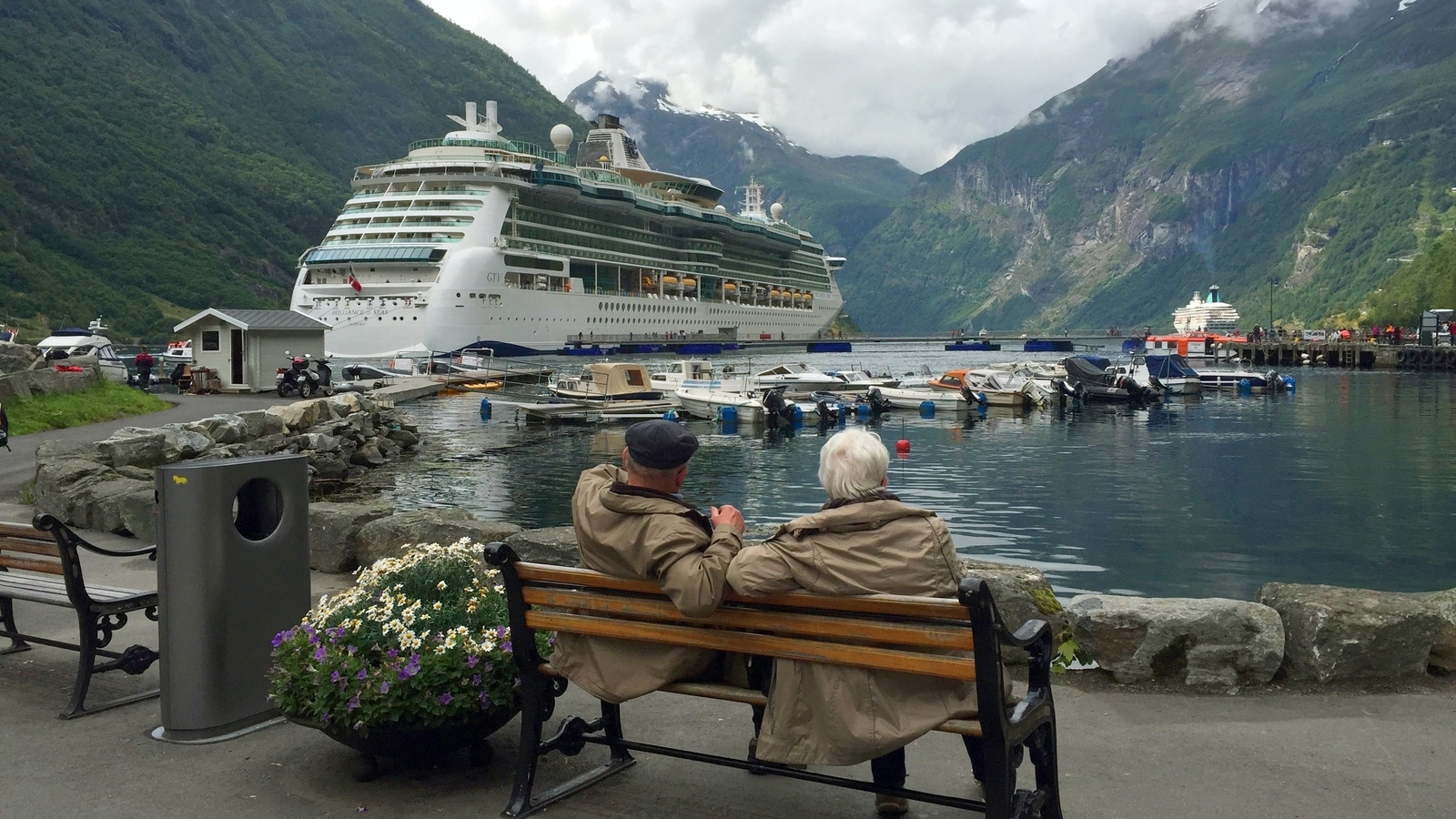Best trips for seniors are more than just vacations; they’re opportunities for rejuvenation, exploration, and creating lasting memories. This comprehensive guide delves into diverse travel options tailored to the needs and preferences of older adults, covering everything from accessible domestic destinations to enriching international adventures. We’ll explore ideal locations, practical planning tips, and essential considerations for a safe and fulfilling journey.
From meticulously crafted itineraries for road trips across the American Southwest to the calming allure of European river cruises, we’ll examine a variety of travel styles to suit different levels of physical activity and budget. We also highlight the importance of selecting senior-friendly accommodations and the benefits of travel insurance, ensuring a worry-free experience. Whether you dream of exploring majestic national parks or immersing yourself in vibrant foreign cultures, this guide provides the essential information you need to plan the perfect senior travel experience.
Health and Safety Considerations for Senior Travel: Best Trips For Seniors
Planning a trip later in life should be an exciting prospect, filled with anticipation and joy. However, ensuring a safe and healthy journey requires careful preparation and consideration of unique needs. This section addresses crucial health and safety aspects vital for seniors embarking on travel adventures.
The Importance of Travel Insurance for Seniors
Comprehensive travel insurance is paramount for senior travelers. Unexpected medical emergencies or trip disruptions can incur substantial costs, and insurance provides a crucial financial safety net. Choosing the right policy with appropriate coverage is essential.
- Medical Emergency Coverage: This covers hospitalization, medical treatment, and evacuation expenses, which can be significantly higher for older travelers due to pre-existing conditions or increased vulnerability.
- Trip Cancellation/Interruption Insurance: This protects against financial losses resulting from unforeseen circumstances like illness, injury, or family emergencies that necessitate canceling or interrupting a trip.
- Emergency Medical Evacuation: This vital coverage ensures safe and swift transportation to appropriate medical facilities, especially crucial in remote locations or countries with limited medical resources.
- Baggage Loss/Delay Coverage: Protects against the loss or delay of luggage, compensating for the cost of essential items and replacing lost belongings.
- Personal Liability Coverage: This covers accidental injuries or damage to property caused by the insured traveler while abroad.
Essential Health and Safety Tips for Seniors Traveling Abroad
International travel presents unique health and safety challenges. Proactive planning and adherence to safety guidelines can significantly reduce risks and enhance the overall travel experience.
- Vaccinations and Consultations: Consult a physician well in advance of travel to discuss necessary vaccinations and recommended preventative medications based on the destination. Many countries require specific immunizations.
- Emergency Contacts: Maintain a readily accessible list of emergency contacts, including family, friends, local embassy/consulate details, and travel insurance provider contact information. Share this information with a trusted individual at home.
- Medication Management: Carry sufficient medication in original packaging with prescriptions. Understand customs regulations regarding medication transport and consider obtaining a letter from your physician detailing your medical needs and prescriptions.
- Health Awareness: Be mindful of food and water safety, practicing good hygiene to minimize the risk of foodborne illnesses. Stay hydrated, especially in hot climates.
- Personal Safety: Avoid walking alone at night or in poorly lit areas. Be aware of your surroundings and avoid displaying expensive jewelry or large amounts of cash.
Senior Travel Checklist, Best trips for seniors
A well-prepared checklist ensures a smoother and safer journey. This list incorporates essential health-related items, documents, and medications.
- Health-Related Items: Medications (with prescriptions), first-aid kit (including any personal medical necessities), comfortable walking shoes, any assistive devices (e.g., cane, walker).
- Essential Documents: Passport (with copies), visa (if required), travel insurance information, flight/hotel confirmations, driver’s license (if applicable), emergency contact list.
- Necessary Medications: Pack sufficient medication for the entire trip, plus extra in case of delays. Consider carrying a copy of your prescription in case of loss or theft.
- Copies of Important Documents: Keep separate copies of your passport, travel insurance, and other essential documents stored in a secure location away from the originals.
- Communication Tools: Ensure your mobile phone is unlocked for international use or consider purchasing a local SIM card. Consider a portable charger for long travel days.
Planning the perfect trip as a senior involves careful consideration of various factors, from accessibility and health considerations to budget and personal preferences. By utilizing the resources and tips Artikeld in this guide, seniors can confidently embark on enriching travel experiences that cater to their unique needs. Remember, travel is an investment in personal well-being, and with proper planning, unforgettable memories await.
For descriptions on additional topics like salad buah tanpa yogurt, please visit the available salad buah tanpa yogurt.



